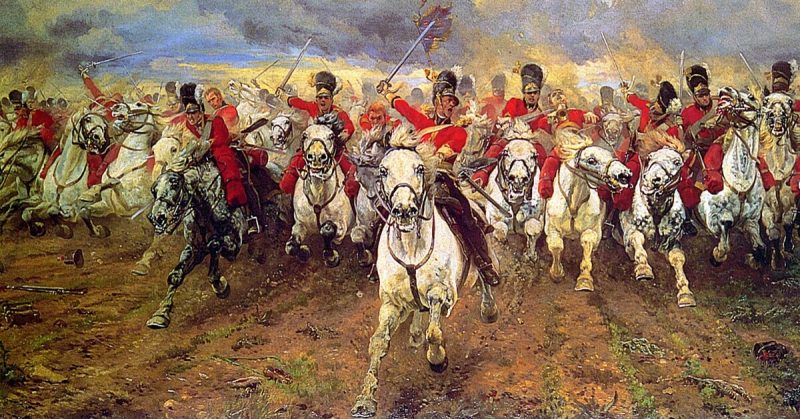It is over two hundred years since Napoleon Bonaparte was defeated at the Battle of Waterloo. The defeat of France’s warlord Emperor saw the end of an Empire risen from the ashes of revolution a generation before. It had not been an enduring institution. As Empires went, it was a flash in the pan of history, its fall a chance for the old status quo to return.
The Battle of Waterloo remains hugely significant, a turning point that shaped the history of Europe. Its effect resonates to this day.
An End to French Imperialism
For centuries, France had been one of the greatest military and political powers in Western Europe. From the late Middle Ages, only Spain, Austria, and Britain had been able to challenge its dominance. Spain was in decline and Britain was a late-comer to this rank. France had arguably been the greatest power in Europe for over 400 years.
All that ended at Waterloo. France was still an important nation, but its wings had been clipped. Dreams of dominating neighboring nations died in the mud and blood of that day. Never again would France be able to forge a European Empire, as Napoleon had briefly but effectively done. The French would join their neighbors in establishing colonies elsewhere in the world, but they did so later.
French imperialism was largely at an end, along with the nation’s place as Europe’s leader.
Cementing France’s Self-Image
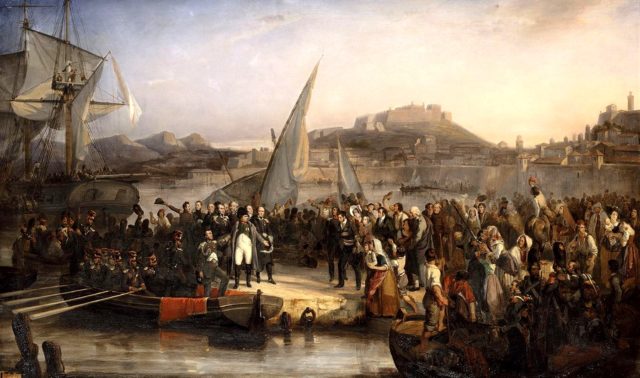
The tumultuous events of the Hundred Days that climaxed at Waterloo created a new French self-image. Napoleon’s defeat did more to consolidate this self-image than his victory would have done.
When Napoleon returned in 1815, the Bourbon King Louis fled. A regime noted for its reactionary conservatism was again in exile. France under Napoleon could once again dream it was a place of liberalism and freedom, not an oppressive and resented Empire.
The defeat meant this image was not shaken by compromise or the return of Napoleon’s policies. It also created a martyr-like image around the French military. When the Imperial Guard marched against the British in the dying hours of Waterloo, they went heroically and unquestioningly to the slaughter.
This was how the French would define themselves – persistent, resistant, courageous even in the face of defeat. Liberal heroes were suffering for the best of ideals.
The Napoleonic Myth
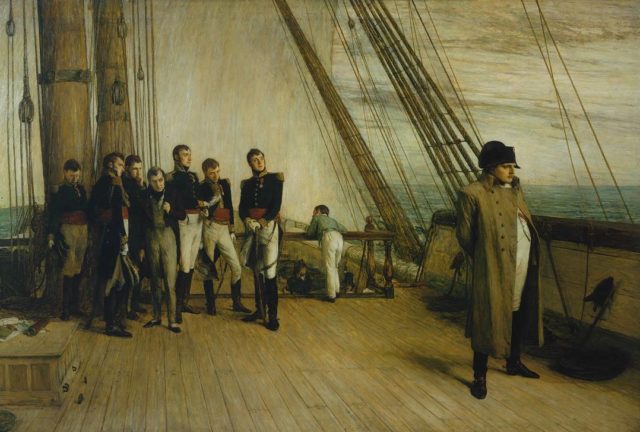
The Hundred Days saw a similar reinvention of Napoleon’s heroic myth. Just like the dream of a liberal empire, the idea of Napoleon the hero survived thanks to his defeat.
Napoleon was a complicated man. He could be bold, daring, and decisive. His charisma drew men and women to him. His soldiers idolized their leader.
On the other hand, he was prone to egotism. Self-aggrandizement was a vital part of the strategy that had made him Emperor. At his best, he was an incredible commander who displayed flashes of tactical genius, but by the end of his reign, his faculties were failing.
His return showed the boldness and daring for which many admired him. It gave his troops a flash of that old charisma. At Waterloo, he showed this daring, coming close to victory. His return and subsequent defeat restored his myth without letting it be tainted by the struggles and failures of a long campaign.
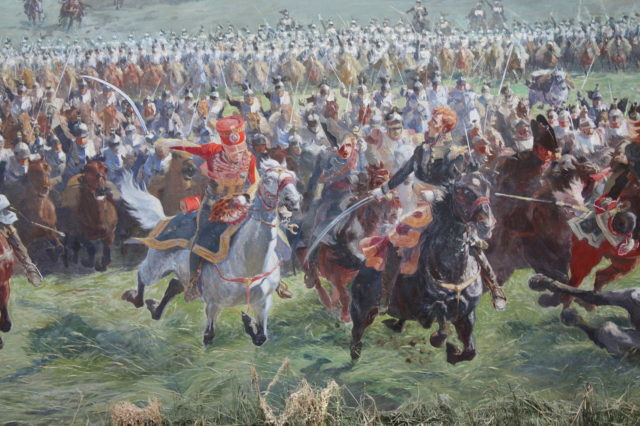
The Map of Europe
The most important thing to come out of Napoleon’s defeat was the peace that followed. Diplomats from all over Europe gathered to negotiate a new map for the post-Napoleonic era.
The plan shaped Europe for the century that followed and continues to influence it to this day. The new Kingdom of the Netherlands would go on to split into Belgium and the Netherlands. Swiss neutrality was ensured by international agreement. The boundaries of France were set.
Largely negotiated before Waterloo, this treaty could only be put in place after Napoleon was once again defeated. It set Europe up for the next two hundred years of political history.
The Rise of Prussia
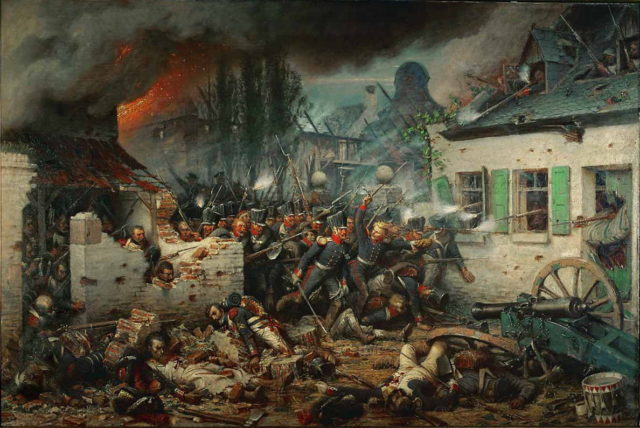
Although most of the action at Waterloo was between the British and the French, the nation that benefited the most was Prussia. By playing a key part in the campaign to defeat Napoleon, the Prussians restored much of the stature they had lost while Napoleon roamed the continent. Prussia was elevated to one of the most powerful nations deciding on Europe’s fate alongside Britain, Austria, Russia, and France.
It would have huge implications for the future. Prussia’s strength and political status allowed the Prussian chancellor Otto von Bismarck in later years to lead the German states into a series of wars. These united the Germans, creating a single nation under Prussian leadership.
The German state would go on to be a leading player in both world wars and the dominant force in the modern European Union.
British Dominance
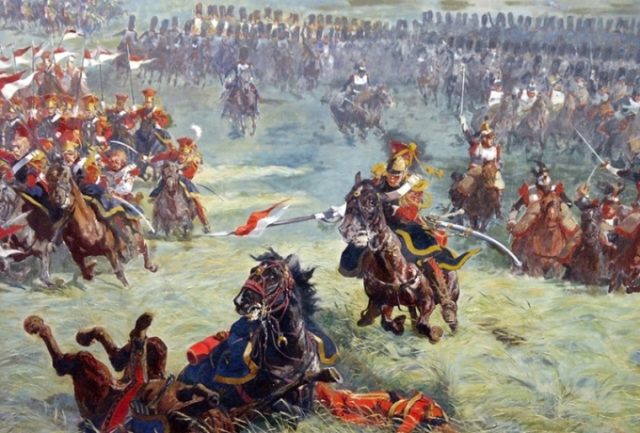
Waterloo also reinforced Britain’s status as the leading European power around the globe. With French ambitions crushed and Spain undermined by the Napoleonic wars, Britain was without equal in the Atlantic and beyond.
Britain established a colonial Empire that covered vast swathes of Africa and Asia. It helped develop modern British culture, with its influences from the Caribbean and the Indian subcontinent. It also shaped future nations such as India and Pakistan, which are still dealing with the impacts of the colonial rule.
The Long Peace
In the immediate aftermath, Napoleon’s defeat led to a decades-long peace between the great powers of Europe. For the first time in centuries, generations grew up without seeing armies criss-cross the continent. The Crimean War was an exception to this relatively peaceful century. Europe’s wars then were not between great powers but were instead local conflicts and wars of unification.
It set an expectation, perhaps for the first time, that life in Europe could be peaceful; international violence should be the exception, not the rule; and a single decisive encounter, a battle fought to stop an aggressor, could bring an end to all war.
It is an expectation that lives on in Western Europe to this day.
Sources:
Alan Forrest (2011), Napoleon.
Robert Harvey (2006), The War of Wars: The Epic Struggle Between Britain and France: 1789-1815.
